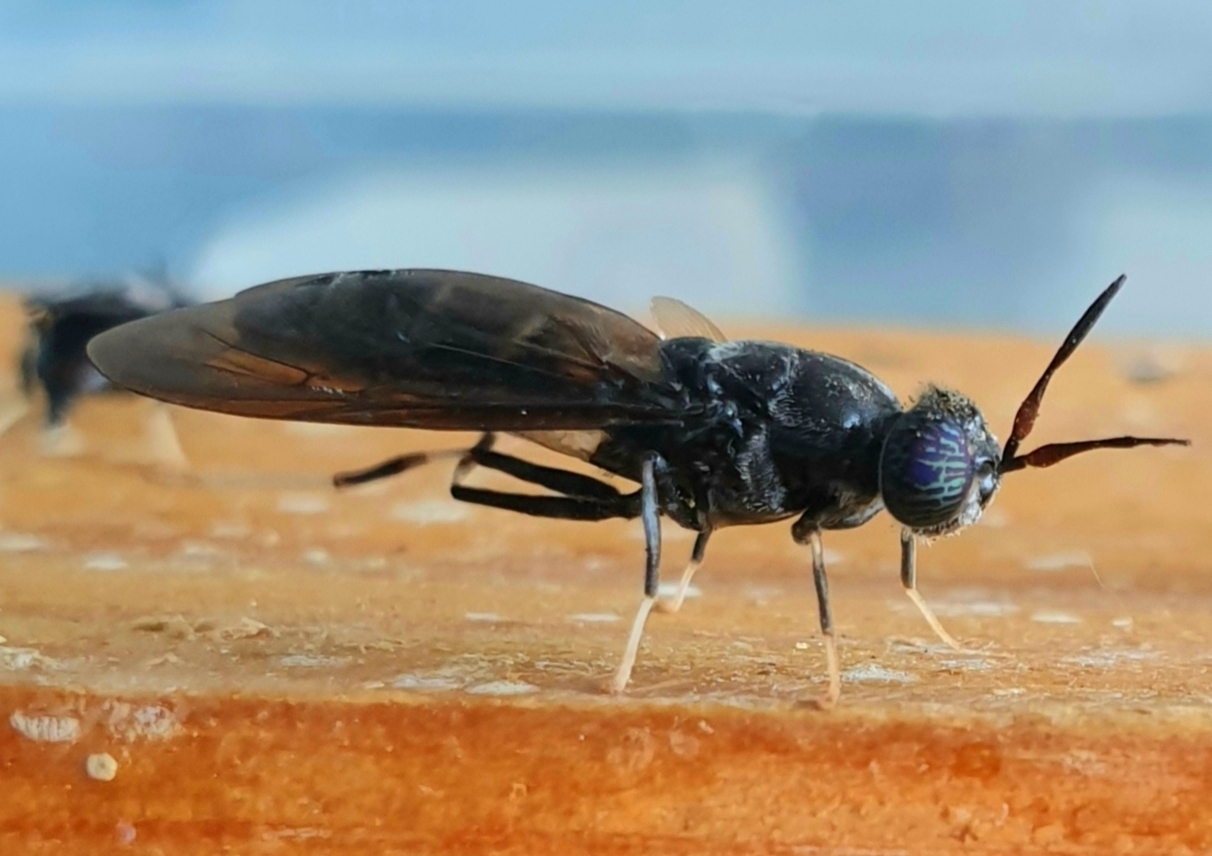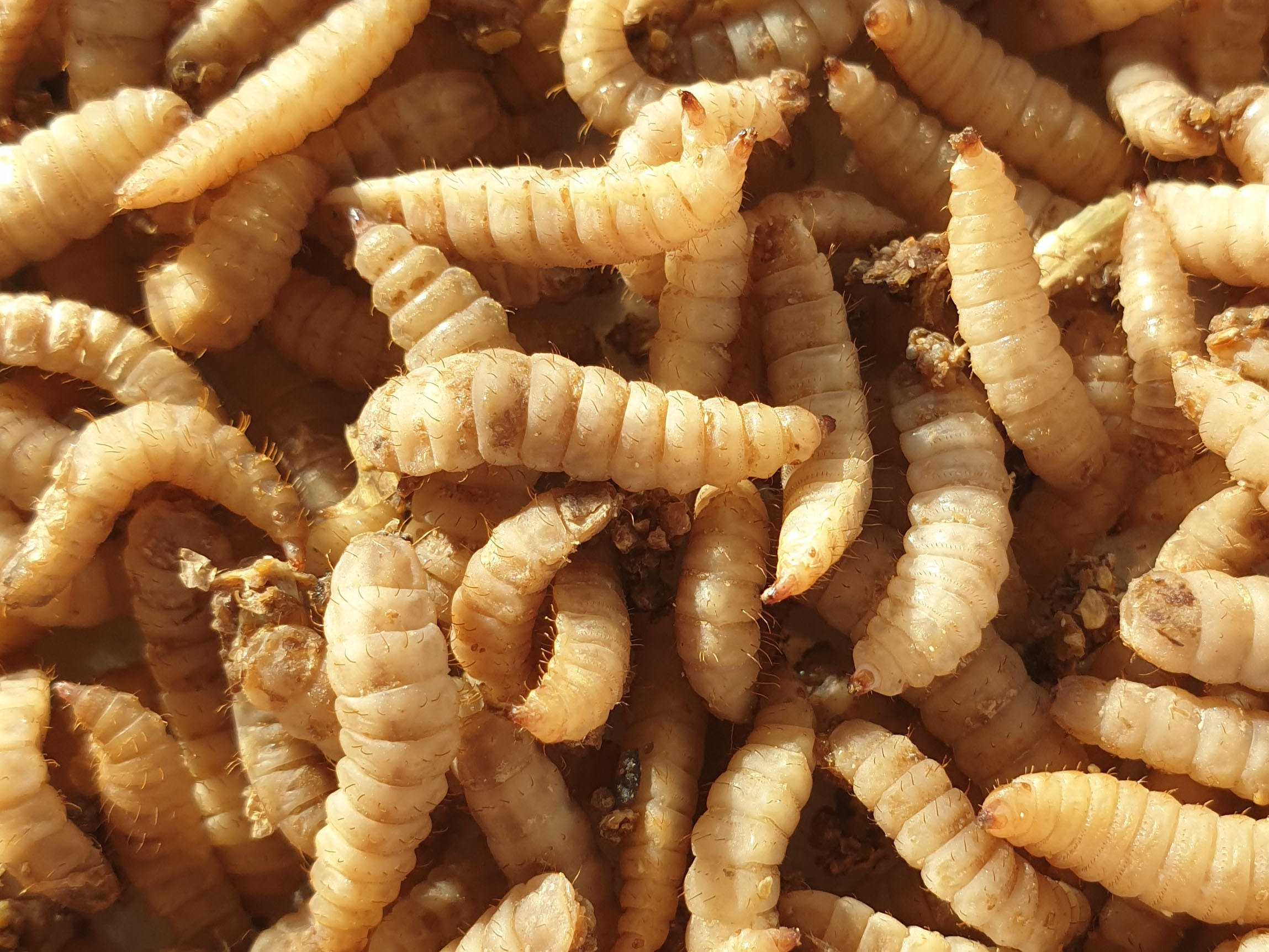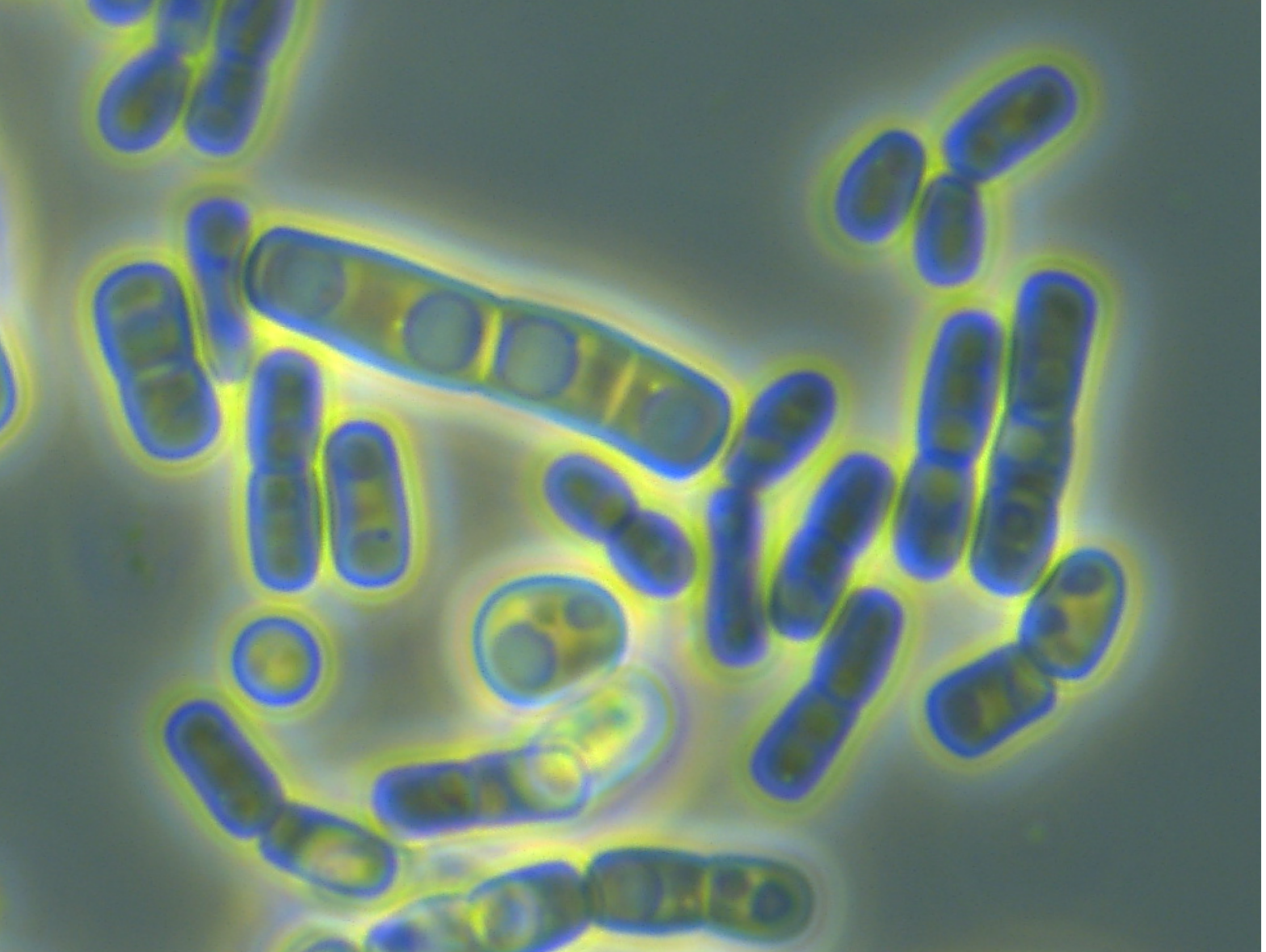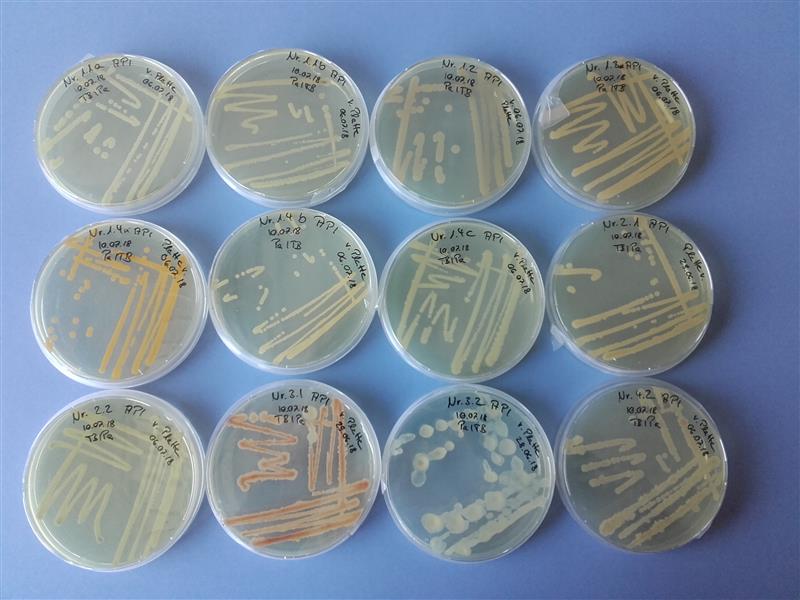Motivation and Problem
Increasing awareness of the economic and, in particular, ecological consequences of conventional factory farming, coupled with a steadily growing world population, calls for the development of alternative protein sources on a large scale. The provision of insects as food and feed through insect farming offers great potential and contributes to food security.
One of the biggest problems in livestock farming and aquaculture is the use of feedstuffs such as soya and fishmeal, which contribute to the deforestation of rainforests and overfishing of the oceans. The feeding of fishmeal, which is often contaminated with fish pathogens, also necessitates the use of antibiotics, which has a negative impact on water quality and food safety. For these reasons, feed insects are currently being developed as ecologically acceptable alternatives. However, the economic competitiveness of insects is limited by the availability of cheap insect feed and requires better utilisation of residues and side streams from industry and agriculture.
Food production is particularly dependent on the availability of mineral fertilisers. Due to high energy prices and limiting resources such as phosphate, the use of artificial fertilisers is becoming increasingly expensive. It also contributes to the emission of nitrogen oxides and the leaching of nitrate into aquatic ecosystems. Therefore, alternatives in the form of organic fertilisers are increasingly needed for agriculture.
 Fraunhofer Institute for Molecular Biology and Applied Ecology IME
Fraunhofer Institute for Molecular Biology and Applied Ecology IME



